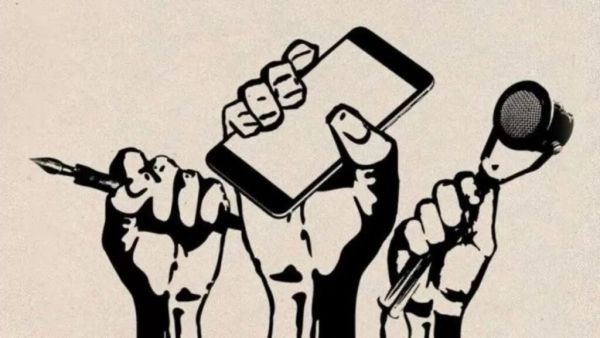
National Press Day 2025: Today National Press Day is being celebrated across the country. This day tells about the importance of media, the fourth pillar of democracy. The function of media is to emerge as a medium among the public. It plays an important role in shaping public opinion, accelerating development and holding power accountable. For many years, media has been working to protect the interests and promote transparency among millions of people.
‘National Press Day’ is celebrated every year on 16 November to recognize the vital contribution of the media and honor the essential role of a free and responsible press in our society.
The history of National Press Day is considered quite old. When the Press Council of India (PCI) started its functioning in 1966. This day not only reflects the achievements of the press but also promotes its responsibility in building a transparent and educated society. Preparations were made to form a Press Council to accommodate the functions of the press at one place. The idea of establishing this council was first suggested by the First Press Commission in 1956. This commission had emphasized the need to protect the freedom of the press and promote ethical reporting. Following the recommendations of the First Press Commission, the Indian Press Council Act 1965 was brought. Under this, the Press Council of India (PCI) was established in 1966.
If we talk about this National Press Day, it has many objectives. If we talk about the primary objective, it was to preserve the freedom of the press in India and maintain high standards of journalism. Since its formation, PCI has played an important role in protecting the freedom of the press. The Council was dissolved during the Emergency in 1975 and a new Act, the Press Council Act, 1978, re-established the PCI in 1979 and confirmed its role as a quasi-judicial body with statutory authority.
Talking about the Press Council, here the Council consists of a Chairman (usually a retired judge of the Supreme Court) and 28 members. These members include journalists, owners of media establishments, parliamentarians and representatives from the world of education, law and literature. It has the authority to arbitrate on issues to freedom of the press, journalistic ethics and public expectations, and make recommendations on laws affecting the press.
It can take suo motu action or investigate complaints to unethical reporting or interference with freedom of the press. Its decisions are final and cannot be challenged in any court. Over the years, PCI has played an important role in shaping the ethical framework of Indian journalism and protecting media independence.
According to IANS